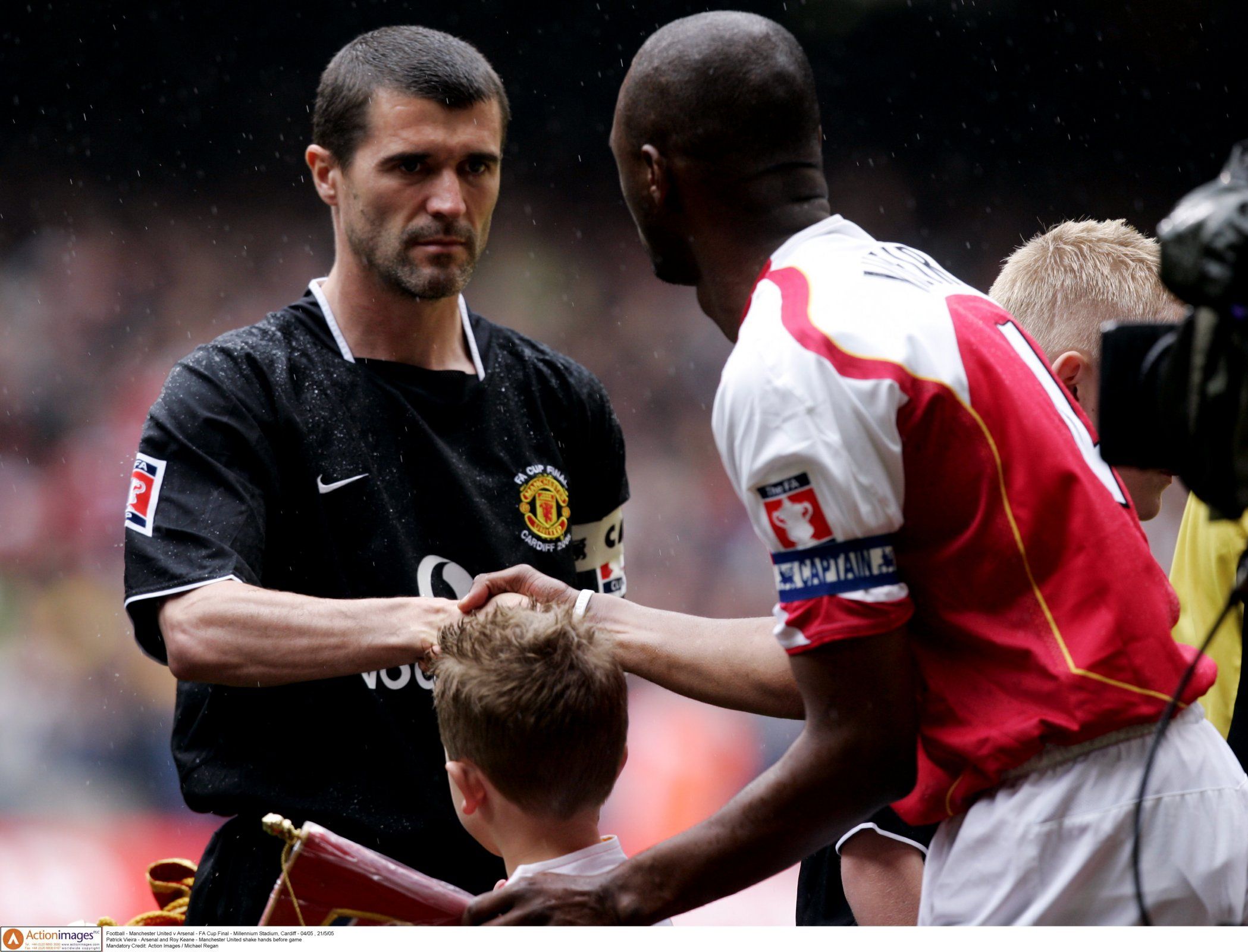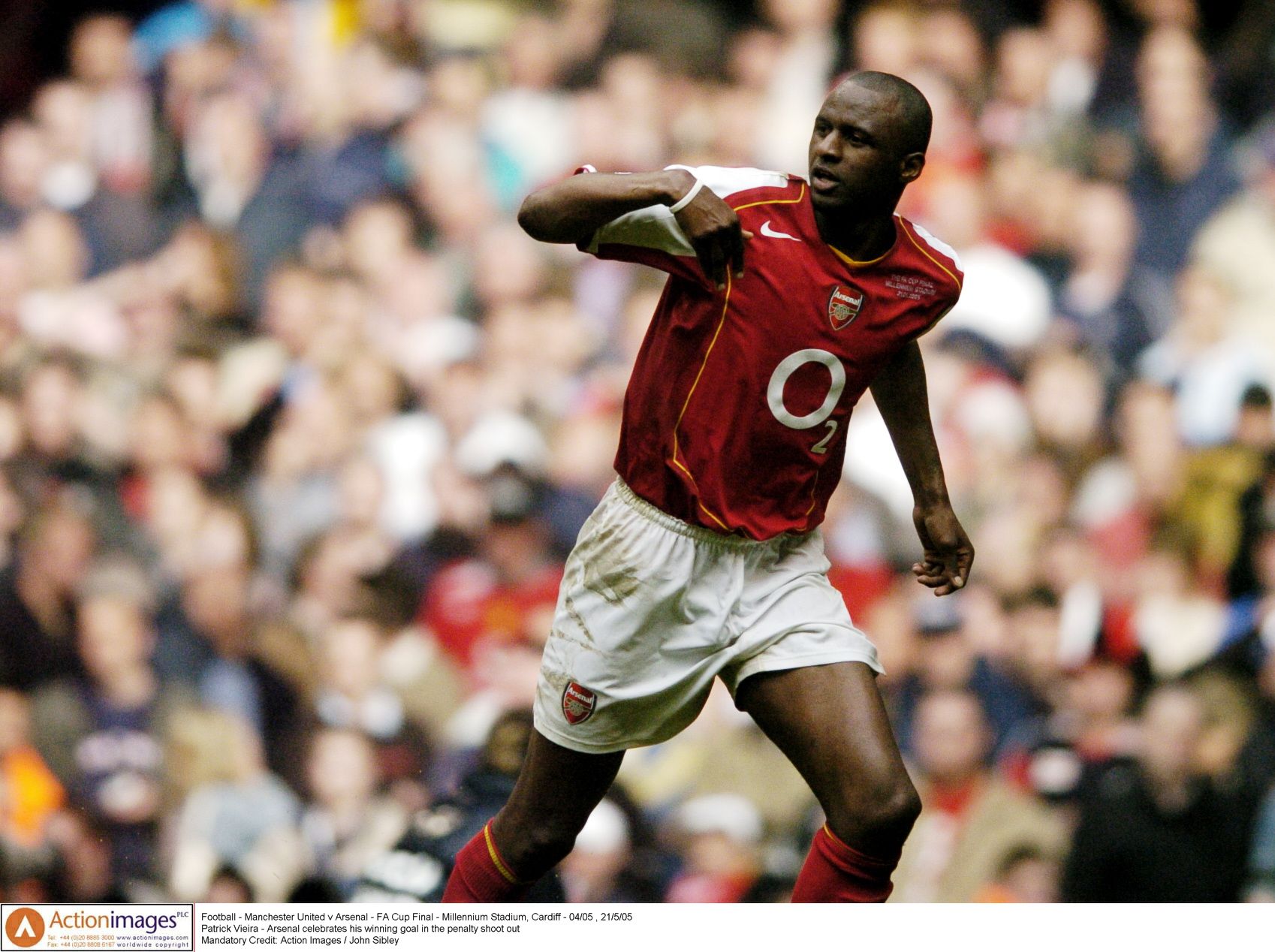Steven Gerrard's Istanbul heroics. Tony Adams' "would you believe it" volley against Everton. Terry Butcher with a strapping around his head. Iconic moments from iconic footballers.
Leading by example off-the-pitch, consoling dejected teammates after a heart-breaking loss, and inspiring the team to a dramatic victory. Footballing history is littered with great captains, both domestically and abroad. But as we continue to move into this modern age, the influence of the man with the armband is dying.
Much to the chagrin of Alan Hansen's old-school mentality, the Premier League's biggest sides aren't home to screaming warriors, bellowing words of encouragement, pumping their fists in the air, and throwing around expletives when they've lunged in for a two-footed tackle from 50 yards away. It's over Alan, settle down now.
This new era is perhaps most typified by events in London over the past couple of weeks. Arsenal and Chelsea are two clubs who have been blessed with some of the league's greatest ever captains - Patrick Vieira and John Terry to name just two. But their current managers' comments on two much-maligned midfielders symbolises just how much the landscape has shifted.
First, Unai Emery made the bold decision to appoint Granit Xhaka his full-time Gunners captain - the Swiss star, whose biggest highlight this season was crunching into Son Heung-min to give away a penalty in the north London derby. Then Frank Lampard hailed Maurizio Sarri puppet Jorginho for his ''leadership' qualities. What? You really have to rub your eyes to make sure it's true.
The duo are not amongst the most popular with their fans, and Xhaka in particular received jeers from the Emirates faithful after he was hooked during the second-half of the 3-2 win against Aston Villa earlier this season. Despite acknowledging it after the game, Emery still went on to give the 27-year-old the honour of being the club's skipper.
Watch Premier League Live Streams With StreamFootball.tv Below
If you thought that decision was questionable, then Ole Gunnar Solskjaer confirming that you could "probably" call Ashley Young the Manchester United captain takes the cake. The make-shift full-back - who isn't first-choice at Old Trafford - and was booed on the club's pre-season tour earlier this summer, sees his name join the likes of Roy Keane, Nemanja Vidic, Bryan Robson and Wayne Rooney in the list of United players to wear the armband. Yes, very understandable.
Captains used to be figures who fans and players could rally around. Now, managers are happy if only the latter are satisfied. As long as their choices retain the respect and admiration of the dressing room, then why on earth does it matter if Joe Bloggs expresses a personal vendetta against them on social media? They're not there to appease the supporters. All the important work goes on behind the scenes, where the majority of people don't have access to.
To put things into context in just how little the role means nowadays, look no further than Arsene Wenger's truly comical verdict on whether Arsenal didn't have a captain for the second-half of their clash against Manchester City, after Laurent Koscielny's substitution at the break.
"Err, I don’t remember. No it is a good question. Nobody asked me who is captain."
Cue uproar? Nope, not quite. It was just brushed off as 'oh, silly old Arsene'. The bigger picture was something that people failed to grasp. In the end, a side that were 2-1 down at half-time, and with their captain off the pitch and questions over whether the armband had been passed on, equalised just eight minutes into the second-half to earn a point at the Emirates. They didn't exactly fall apart.
The comeback encapsulated everything about how insignificant the captaincy has become.
Just like the Queen, it's purely ceremonial. Going into the referee's office before the game and handing in a team-sheet. Other than that, they are very much just like the rest of the ten players they head on to the pitch with.


